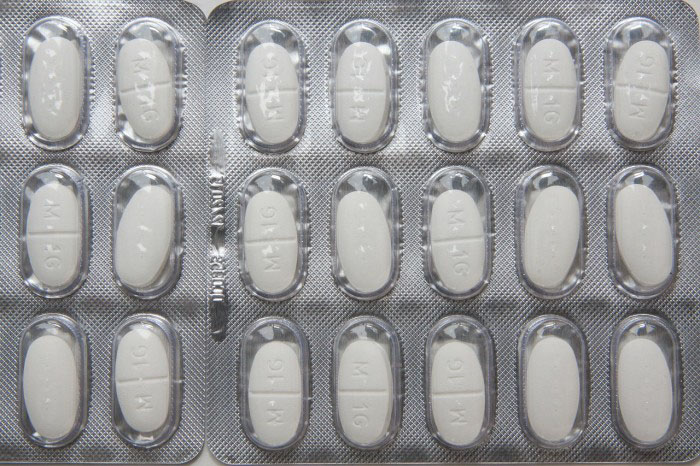Percocet is a commonly prescribed and easily abused painkiller known on the street as percs, paulas, 512, and others. It is a combination of acetaminophen and oxycodone, a drug that belongs to a class of highly addictive narcotic painkillers called opioids. Because oxycodone is habit-forming, abuse of Percocet typically results from a legitimate prescription for relief of moderate to severe pain. It is taken orally, and when used as directed it provides relief from pain for short periods of time. Some users mix oxycodone with another drug to increase the high, a procedure called pharming. Those who take Percocet for longer periods sometimes find themselves addicted to the drug. Recovering from opioid abuse is extremely challenging and requires treatment from a qualified Percocet rehab. At The Ranch PA, our compassionate and experienced staff is well qualified to help you or someone you love recover from Percocet addiction. We help our clients recover from the dangerous early days of withdrawal with medically supervised detox. We then work with you to design a recovery program specifically for your needs that treats your physical, psychological, and spiritual health. After inpatient recovery ends, the caring staff at The Ranch PA continues to play an active role in your ongoing recovery with a comprehensive Aftercare Program. Call us today at 1-877-548-4794 to learn more about Percocet addiction and our holistic treatment options. Let The Ranch PA help you find your path to a lifelong recovery. The Short and Long-Term Effects of Percocet Use The effects of Percocet and hydrocodone occur quickly and affect the brain’s reward system. Cravings are common during use and withdrawal and over time, the need to take more and more Percocet becomes apparent as the body gains a tolerance for its painkilling effect. Percocet can negatively affect consciousness, thought, and awareness. Weak and slow breathing, dizziness and severe weakness, seizures, cold and clammy skin, nausea and vomiting, decreased appetite, fatigue, bruising, bleeding, and seizures all occur frequently. In addition, users often notice muscle twitching, sweating and itching, dry mouth, decreased sex drive and urination, yellowing of the eyes and skin, and constipation. Overdose symptoms include extreme drowsiness, blue skin and fingernails, yellow skin or eyes, trouble breathing, low blood pressure, sweating, vomiting, heart attack, coma, and death. Like other opiates and opioids, users must take increasingly large numbers of Percocet and oxycodone to feel the same high. Chronic abusers may crush the pill to a fine powder to get high faster, but doing so can result in a severe overdose or even death. Because the drug produces intense cravings, quitting is difficult. As the user increases the dose, feelings of restlessness and nausea result, culminating in loss of consciousness and slow, shallow breath. Withdrawal symptoms, which can last for months, include behavior changes such as becoming increasingly anxious, unpredictable, angry, and excitable. The focus of the user’s life becomes all about getting more drugs — and doing whatever is necessary to get them. Withdrawal includes severe abdominal and muscle pain, insomnia, anxiety, fever, profuse sweating, and flu-like symptoms, and the symptoms begin to take effect about six hours following the last dose. Percocet Rehab at The Ranch PA Detoxing from Percocet requires a gradual, medically supervised withdrawal because of the user’s risk of seizure. In addition, individuals who participate in a comprehensive, holistic recovery plan such as that provided by The Ranch PA often achieve more satisfying outcomes than those who do not. Don’t spend another day trapped in the cycle of substance abuse — The Ranch PA can help you live a sober, fulfilling, and pain-free lifestyle without drugs. For more information, please call us now at 1-877-548-4794. Photo via

